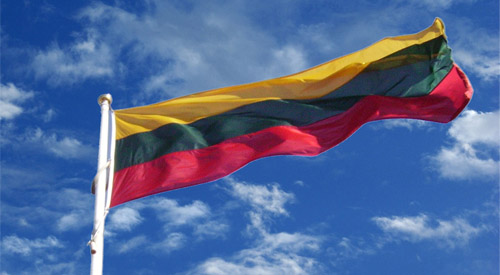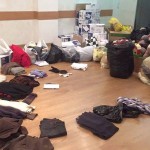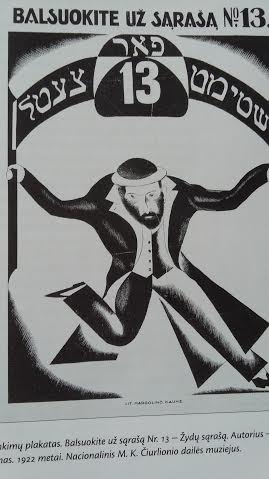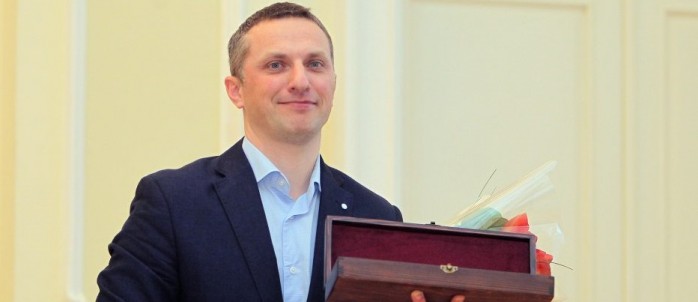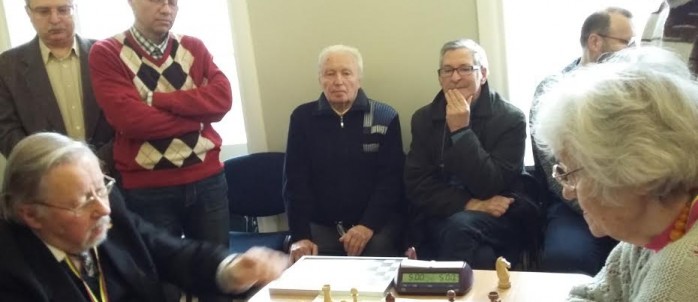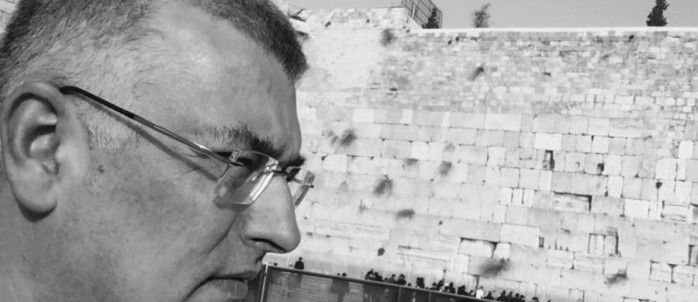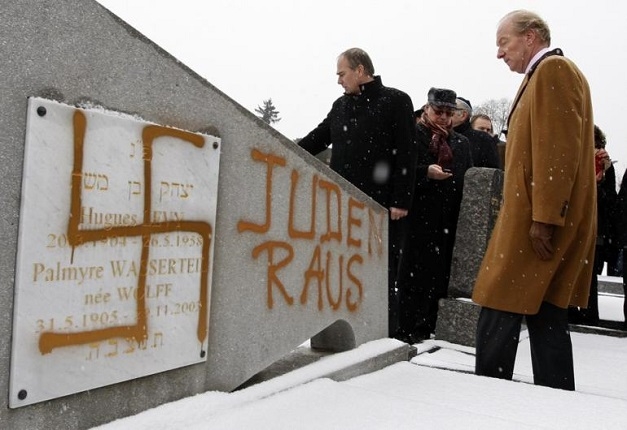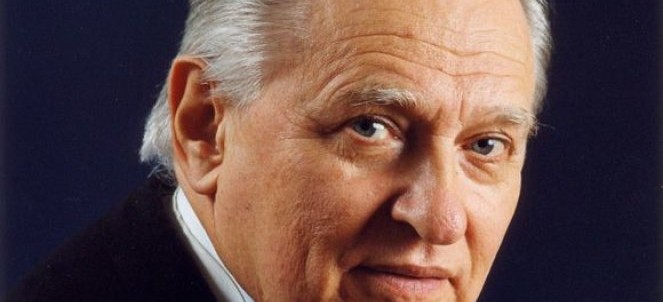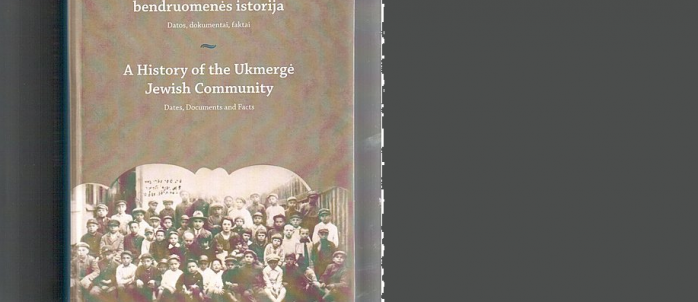The annual march by “Lithuanian Nationalist Youth” in Kaunas on February 16, Lithuania’s pre-war independence day, decided to go with the slogan “Lithuania is ours” this year, to protest the movement of refugees into Lithuania.
Julius Panka, deputy chairman of the Lithuanian Union of Nationalist Youth, told reporters: “The slogan of this march is ‘Lithuania is ours’ because we see a complicated geopolitical situation, a complicated situation in the EU where in fact the EU is teetering on the brink of dissolution. Hordes of hungry and angry immigrants are already knocking at our gates. Therefore we simply wanted to emphasize that Lithuania is the home of our people, that little patch of land which we must respect, love and fight for.”
Speaking to the crowd later, Panka said rapists, murderers and benefits-seekers should be allowed into Lithuania. During the march marchers chanted: “If you don’t want immigrants, clap your hands” and “Lithuania for Lithuanians.”



















